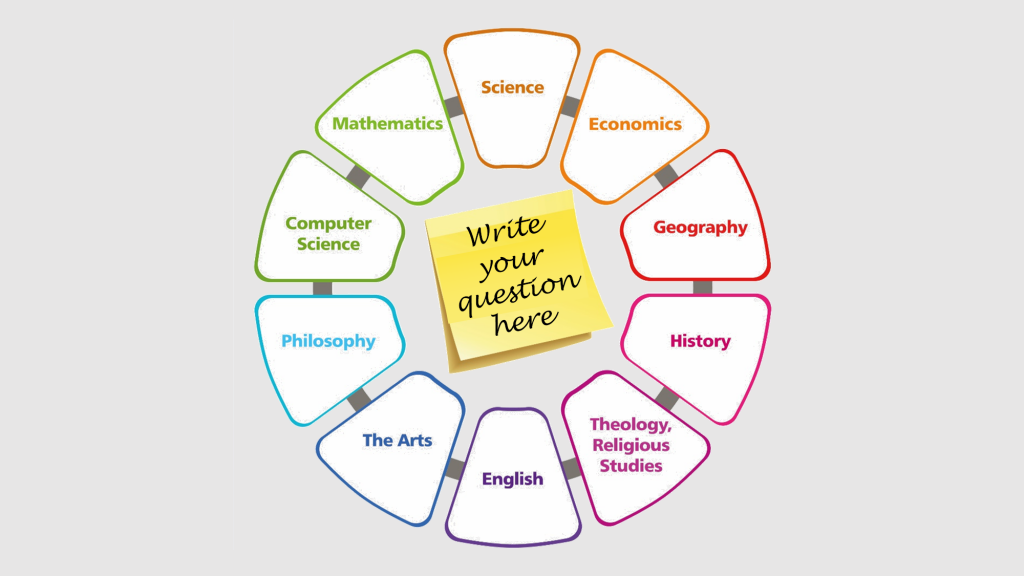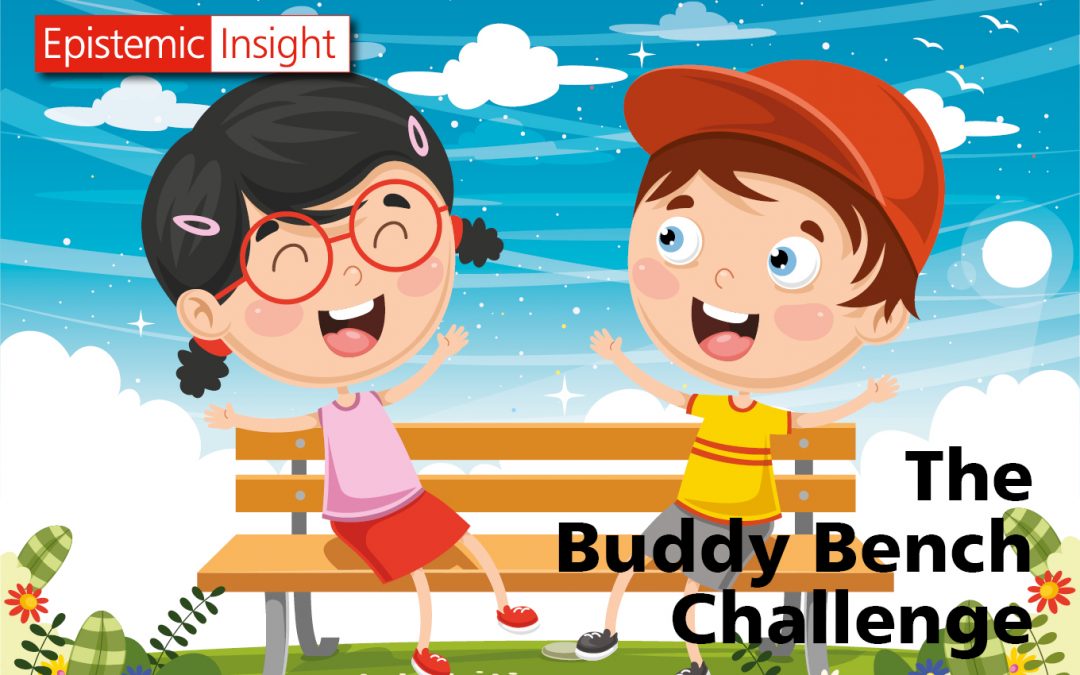In this video, Prof Berry Billingsley explains how to use fun problem-solving activities to prepare children for going – or not yet going – to school.
PREPARING CHILDREN FOR SCHOOL
When children return to school in greater numbers, they’ll find a lot has changed – and for the first few weeks they and their teachers are likely to encounter new and unexpected challenges.
We don’t know exactly what lies ahead but we can get young minds thinking now about what kinds of things to expect – with a game or conversation about challenges and possible solutions.
Please be careful about which challenges you ask children to consider. The focus should be on giving children opportunities to come up with creative solutions. This is also a strategy that can encourage children’s questions and give adults working with them a chance to check that they are as comfortable as they can be with the idea that things will be different for a while.
COVID-19 – WHAT WE CAN SAY TO CHILDREN NOW
Very few children become unwell if they catch this virus. The changes that all children are being asked to make are designed to reduce the overall number who become unwell and to protect those who are particularly vulnerable. We know that elderly people are far, far more likely to become unwell if they catch this virus, compared with young people and children.
If children are worried – you could remind them that they know about making restrictions to their lives to help protect the health of others. For example schools typically have a ‘no nuts’ rule – no child brings nuts to school because we know that some children have a very significant allergic reaction if they have any kind of contact with peanuts. In the case of the caronavirus – we are all making some changes to how we live to try to prevent the virus from reaching older people as they are at risk of becoming unwell.
THE BUDDY BENCH CHALLENGE
So here’s the first challenge for our young problem-solvers. It’s the Buddy Bench Challenge. The Buddy Bench is a favourite piece of playground furniture in every primary school I know of – and there’s even an advert for a chocolate biscuit playing now on TV that shows it in action.
In case you’ve not yet encountered it, the buddy bench is where a child sits if he or she is lonely at break-time and wants another child to come and make friends. So – if we are keeping social distance rules, what do we do instead of sitting next to each other on the buddy bench?
STRATEGIES FOR PROBLEM SOLVING

To get some inspiration, think about how each of the scholarly disciplines we study at school might help. You could use something like the discipline wheel (in the graphic).
Science has a key role in helping us to understand why we are making changes – and why for example we have rules for social distancing. Our other disciplines also play key roles when it comes to finding solutions to a challenge like this one – which is a social challenge. What about languages for example – could we have a sign or word to use when we feel lonely – instead of sitting on a buddy bench. And then how does another person show that they want to be a friend? we could also look to geography, can drawing a map of the playground give us inspiration?
CHALLENGE 2: THE MEET AND GREET
So to my second and final challenge: The moment children see each other across the street or playground – they are going to want to run up to each other and hug. So how we get ready now for a world in which hugs are going to be discouraged for some time yet?
Introducing … the Flipper Hug! If you like this idea, share it on a poster – and if not, come up with your own idea and design a poster for that!
For a flipper hug, two children run towards each other and stop a safe distance apart. They put out their hands like flippers and flap them in the air – so it’s like hugging the air with fanning motions. You can finish by giving yourself a hug – to show how your friend’s hug makes you feel.
I’d love to get ideas from children working on these challenges or more of their own.
You can email us at LASAR @ canterbury.ac.uk (remove the spaces).

